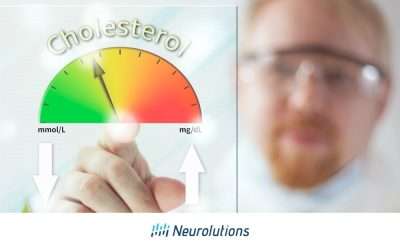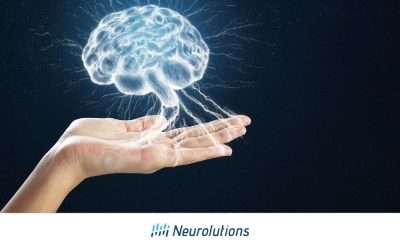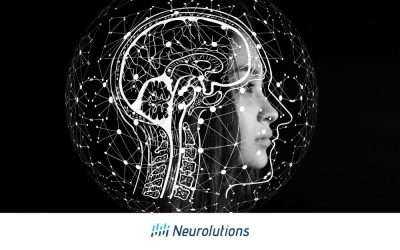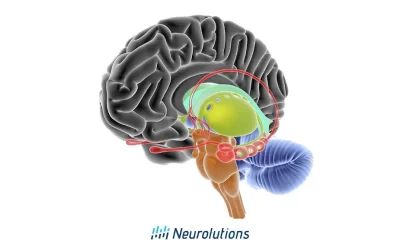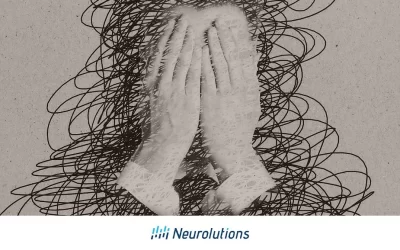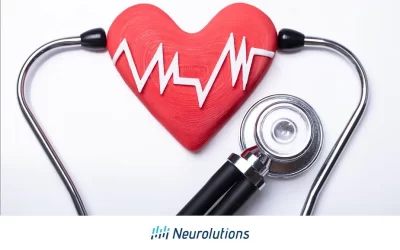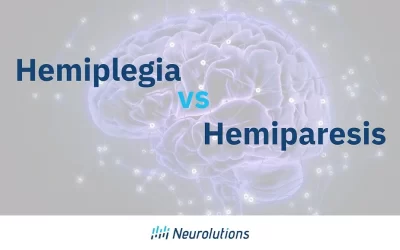Introduction Cholesterol is a chemical substance made by the body and transported in the bloodstream, but it is also consumed in many commonly...
Stroke Information
and Recovery Articles
Your Resource for Understanding
Strokes and Stroke Recovery
Understanding Mini Strokes: Navigating the Risks and Prevention of TIAs
A mini stroke is medically termed a Transient Ischemic Attack (TIA) and it is caused by a temporary blood flow blockage in the brain that...
Navigating Clonus Post-Stroke
Clonus and Strokes Clonus is a frequently encountered secondary effect in stroke survivors that manifests as uncontrollable and rhythmic muscle...
Understanding Traumatic Brain Injury (TBI)
What is a TBI? Traumatic Brain Injury (TBI) is the broad term used to describe an injury to the brain that is not intrinsic to a person from...
What is the Cerebrum?
In Latin, the word for “brain” is “cerebrum.” Cerebrum is the largest and most predominant part of the human brain, making up approximately 85%...
Can Stress Cause Stroke?
What is Stress? Stress can harm us physically, emotionally, and mentally. Stress is defined as “a state of worry or mental tension caused by a...
How AFib Can Lead to Stroke and What You Can Do to Reduce Your Risk
If you have been recently diagnosed with atrial fibrillation (AFib or AF) or have been managing it for years, you may have questions or...
Hemiplegia vs Hemiparesis
What Is Hemiplegia and Hemiparesis? Many individuals confuse these two medical terms because they are very similar and both can occur in the...
Shoulder Subluxation in Hemiplegic Patients
Understanding Shoulder Subluxation and Its Causes Shoulder subluxation is a significant issue in poststroke hemiplegia. It often results in...
